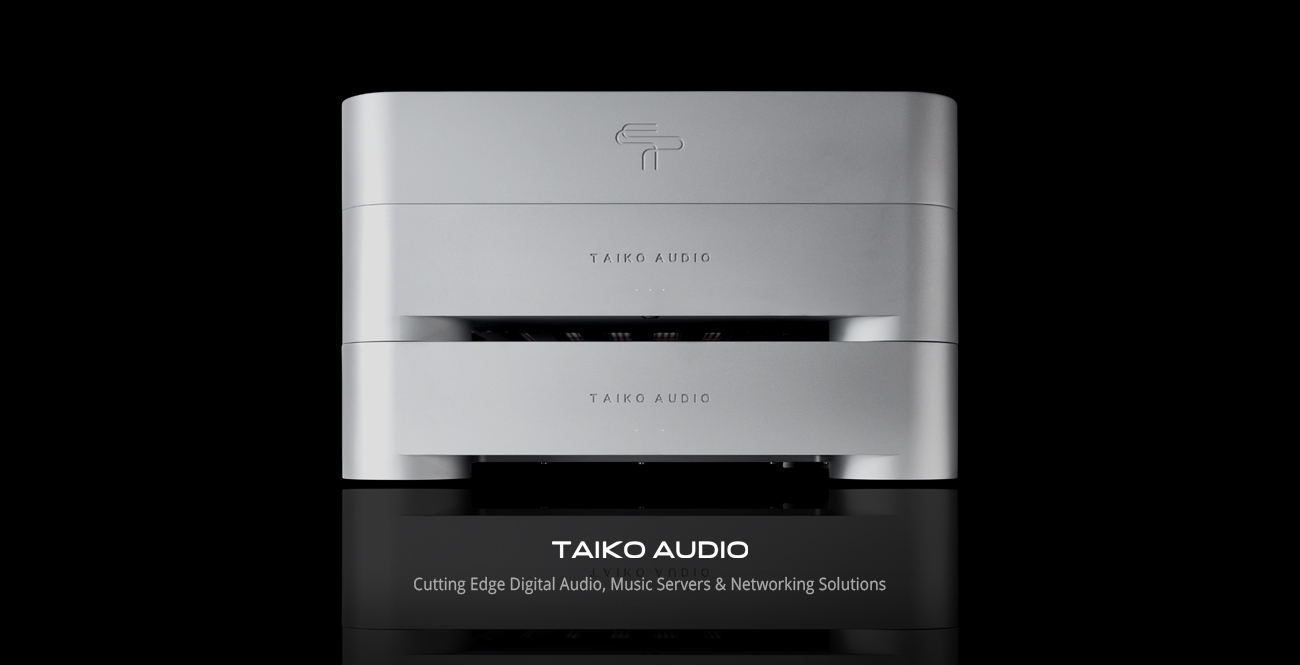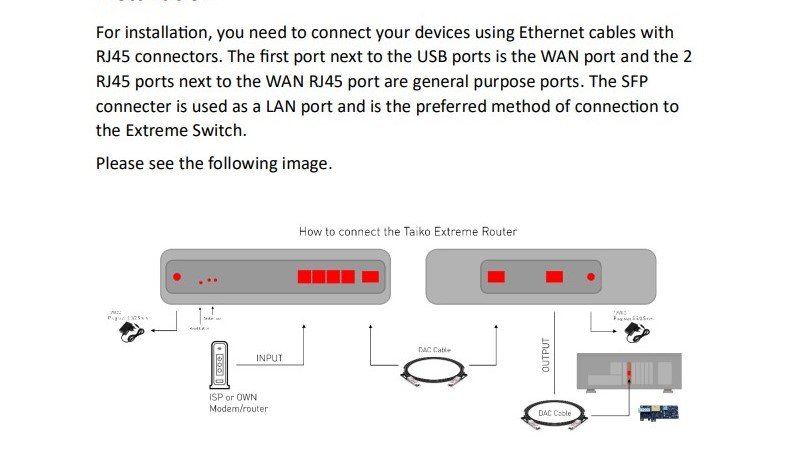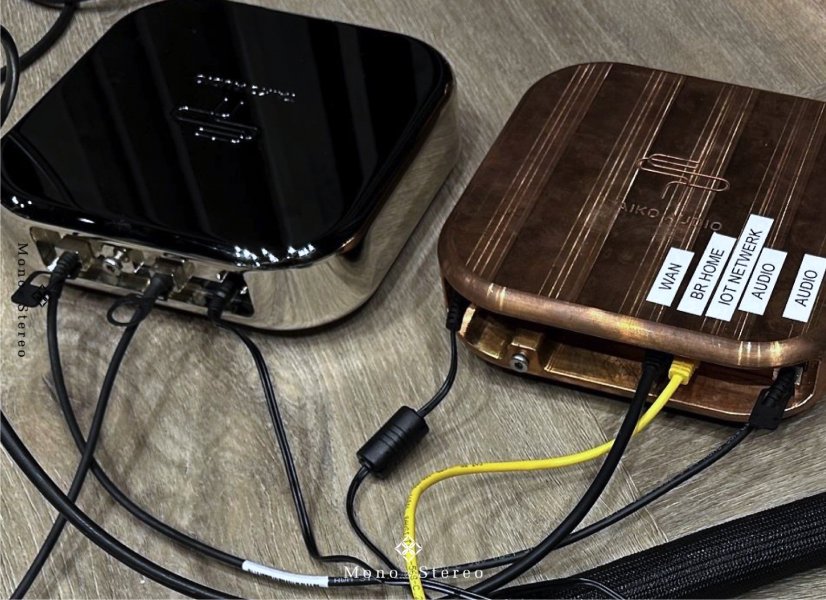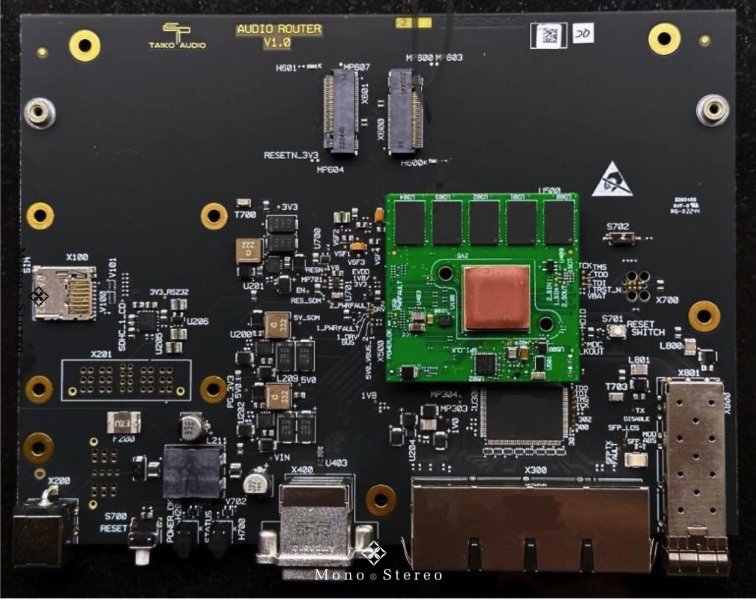Hi,Maybe it’s too early to give recommendations for linear power supplies feeding Taiko switch and Taiko router.
Right now I own a Ferrum Hypsos with my current Swisscom router.
Ferrum Hypsos: good enough for Taiko switch & Taiko router or a mismatch?
If mismatch, then I‘d keep it for the dirty router.
Recommendations for the linear power supplies?
Feeling a bit lost regarding linear power supply (LPS) units? It has been mentioned here before I think but please take the time to read the gold standard in LPS comparison by Jay at Audio Bacon (2021/08/06). Do not try to pick out the best right away but focus on how they differ in sound quality and what you might be looking for. Note that connected audio devices are sensible in a different degree to different LPS units, but Emile seems to indicate that difference in SQ (''tuning'') is possible by swapping an LPS.
There are quite a few very good units and only a few stand out like for example Sean Jacobs (being one of the most expensive). Do you have to go right away to the top? Not necessarily, only you or other users can tell.
In adding a LPS you are looking for a synergy resulting in improved SQ to your ears, usually hard to generalize for a specific brand when people have different hi-fi setups. But here we have a different situation. Taiko try to control the whole chain between router and Extreme so that in theory every complete Taiko setup will sound exactly the same anywhere on the planet (before the downstream part of course). Over time Taiko users will agree what are good LPS units in the Taiko + switch + router setup with a much higher chance recommended units will also sound good in your setup.
You could wait for those results or start trying different units yourself.
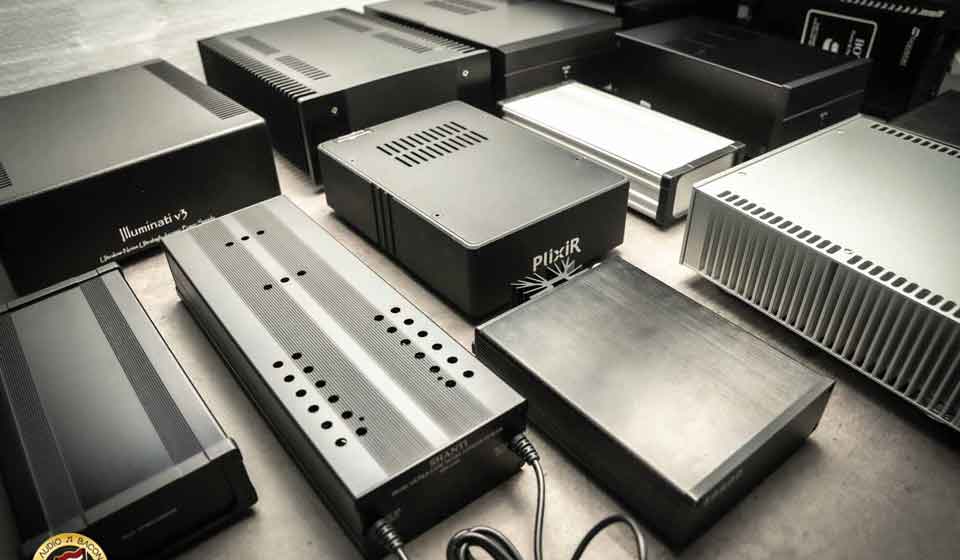
The World's Best Audiophile Linear Power Supplies - Audio Bacon
The world's best linear power supplies for audiophiles. Which power supply will sound best with your gear? This massive review will help you!
 audiobacon.net
audiobacon.net
(...) Any audiophile knows: having high-performance linear power supplies is essential for an enthralling listening experience. Sure it can sound decent and engaging without one – but you simply won’t be able to achieve something closer to life. Check out the reasons why here.
But just buying any linear power supply isn’t always going to sound better. It has to be synergistic with your other components – and personal proclivities. The motivation for this massive survey is to guide you to a power supply that may work for you – and your gear.(...)
- - -
PS. Next: D(A)C cables, Ethernet cables, fiber - and isolation ;-)
Last edited:


